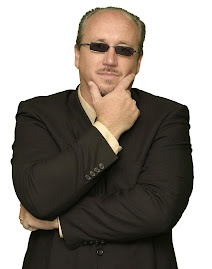The lottery is great, because it is easy. It is not certain, but it is easy. All you have to do is spend a few bucks and buy a ticket, pick the numbers, or even easier, have the computer pick your numbers for you; then you just sit back and wait for the drawing. Easy but not certain. You have more of a chance to get hit by lightning than you do at winning the lottery. Tens of millions to one are your chances. Still, it is easy.
Medical school is great, because it is certain. It is not easy, but it is certain. The average medical school graduate makes $120,000 right out of school. After being in the profession for a few years or getting into a specialized field a doctor can make up to a $1 million a year. It is certain that you will have a job and make good money but not easy. The studying and residency pressures knock out over 75% of the students before they officially become a doctor. Still, it is certain.
Most people are searching for a path to success that is both easy and certain. But, that path does not exist.
We all know people who are waiting for “their ship to come in” or that “big deal” that will make everything come together for them. We also know people who have been slaving away for years and have worked EXTREMELY hard for what they have.
Which are you? Are you working on the easy but not certain path to success? Or are you working on the certain but not easy path to success? Or are you working on the impossible path that is both certain and easy?
What we often forget is that there is a fourth path. A path to success that is neither easy nor certain. THAT path is the one that most of us find ourselves in. Getting out of that path (rut?) requires a LOT of energy.
However you measure success, there is an easy way and a certain way. How you balance and deal with those two will impact your life, your love, your career, your future, and even your eternity.

